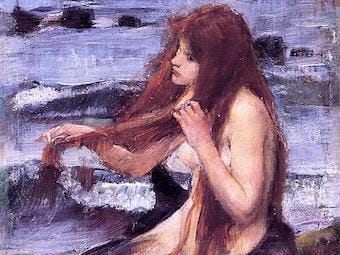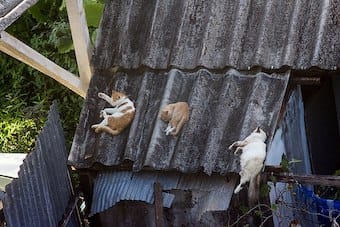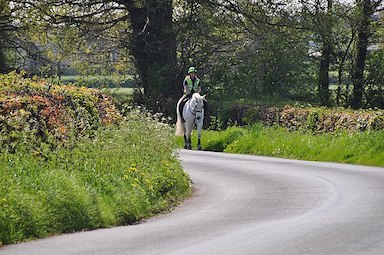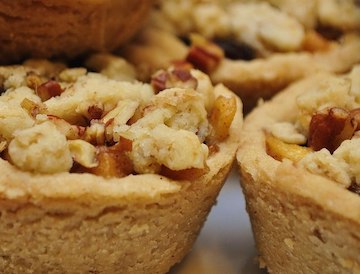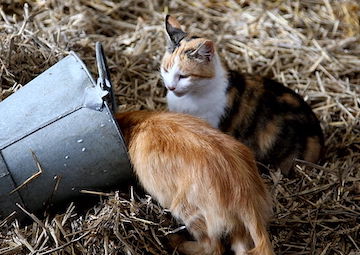Apple tarts.
Worksheet No. 12
These Worksheets are based on textbooks written by NL Clay (1905-1991) and used in English schools from the 1920s to the 1960s. They focus on vocabulary, sentence structure, and clear speaking. They are best studied in pairs or small groups, because that allows you to pool ideas and encourages you to speak; but you may of course share your sentences with me.
Composition
For each group of words, compose a single sentence that uses at least one of them. They are generated randomly from a list of very common English words.
I. In. Responsibility. The.
II. Expect. Challenge. Friend.
III. Certain. Already. School.
See more Spinners.
Where Are They Now?
Below are some English place names as they were in the Domesday Book of 1086. See if you can guess the modern name. They are all very well-known cities and large towns.
ILedes. IIWincestre. IIICreu. IVChinteneham. VCouentreu. VICantebrigie. VIIGipeswic. VIIISnotingeham. IXMamecestre. XScafeld. XIDunholm. XIIBristelmestune. XIIIBurg.
Brighton. Cambridge. Cheltenham. Coventry. Crewe. Durham. Ipswich. Leeds. Manchester. Nottingham. Peterborough. Sheffield. Winchester.
Paraphrase
Express the following using different words as much as you can. How successful are our suggestions?
IA little learning is a dang’rous thing [Pope]. IIAbsence makes the heart grow fonder [Bayly]. IIIWhen the cat’s away, the mice will play [Proverb]. IVTake care of the pence, and the pounds will take care of themselves [Chesterfield]. VGod moves in a mysterious way / His wonders to perform [Cowper].
IUntil you have reached a certain level of knowledge in any subject, applying what you know may be harmful. IISeparation tends to make people feel more affectionate towards one another. IIIWhen the watchful eye of authority is removed, those formerly restrained by it will feel they can behave as they please. IVEconomy in small sums of money should make economy in large sums unnecessary. VThe Lord works miracles, but in ways beyond our comprehension.
Vocabulary
Substitute other words or phrases for the words underlined, and add a suitable snippet of dialogue. You can make any changes you like provided the basic idea remains the same.
He went to the door and said...
For example
He crawled to the door and gasped, ‘Help!’
She stepped to the door and rapped out, ‘Fiona, get in here at once!’
They crowded round the door and struck up ‘O Little Child of Bethlehem’.
Useful words (A-Z)
Announce. Back. Bark. Call out. Creep. Croak. Edge. Hiss. Leap. Lurch. Mumble. Retreat. Run. Scream. Shout. Shuffle. Sing. Skip. Snarl. Spring. Stagger. Stride. Tiptoe. Trot. Whisper.
Grammar
For each sentence below, separate the Subject (the person or thing on whom the sentence is focused) from its Predicate (everything else). In the examples below, the Predicate is in square brackets.
For example
I The price [seems high].
II She [owns a bakery].
III [Sometimes,] Felix [can be such a rascal].
IV Working for Dr Smith [is a real privilege].
IThe train is late. IIMy car needs a thorough clean. IIIWithout any sign of nerves he began his speech. IVHis long walk has tired poor Fido out. VAt the head of the pack came the runner in the red jersey. VIWriting to your MP seems rather a desperate measure. VIIHow slowly time flies! VIIIIn the blink of an eye the man was gone. IXAll work and no play makes Jack a dull boy. XGlad tidings we bring to you and your king. XIThat would have spoiled everything.
IThe train. IIMy car. IIIHe. IVHis long walk. VThe runner in the red jersey. VIWriting to your MP. VIITime. VIIIThe man. IXAll work and no play. XWe. XIThat.
Narration
Turn these notes into a short passage of continuous prose.
Once upon a time... Farmyard. Duck hatched eggs. One duckling looked strange. Others pecked it. Driven out. Wandered alone. Winter came. Pools all frozen. Spring came. Pools thawed. Stood on edge of lake in house garden. Saw three swans swimming towards him. Thought he would be killed. Looked down sadly. Saw his own reflection: a fourth swan! Swans welcomed him. Children of house threw him bread. ‘Ugly duckling’ happy at last. And the moral of that is...
Based on The Ugly Duckling by Hans Christian Andersen (1805-1875).
Elocution
Speak each group of words out aloud, making the difference in pronunciation clear.
IBeat, peat. IIBring, brink. IIIClean, glean. IVFool, full. VHeart, hurt. VIKeen, queen. VIIKnave, nerve. VIIISimmer, summer. IXSir, sore. XStale, steal. XIVow, wow.
Read this short passage out aloud, clearly and without haste.
The Queen of Hearts she made some tarts,
All on a summer’s day;
The Knave of Hearts he stole those tarts,
And took them clean away.
The King of Hearts called for those tarts,
And beat the Knave full sore.
The Knave of Hearts brought back those tarts,
And vowed he’d steal no more.
Traditional children’s rhyme.


